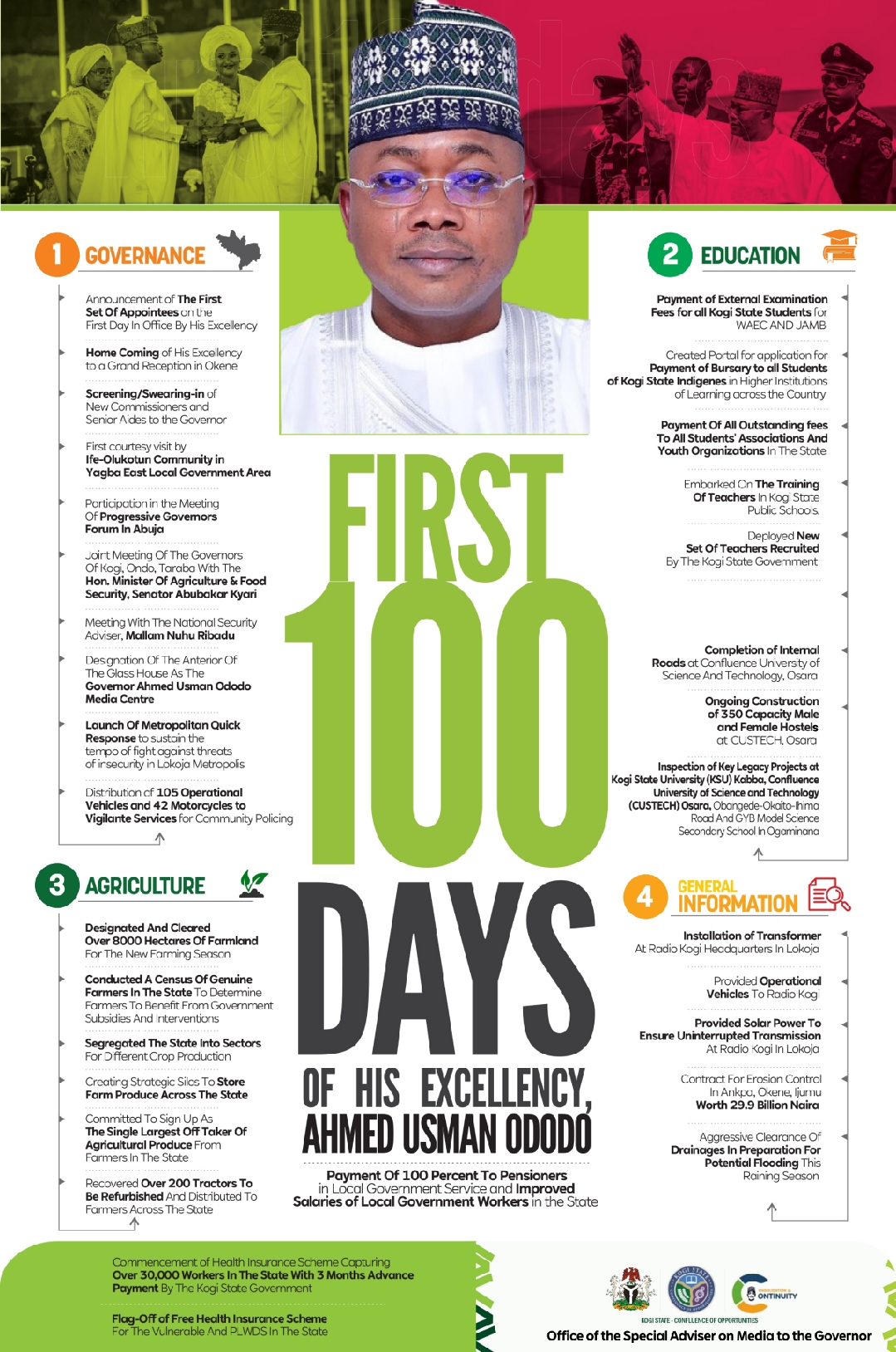
The media (including social media) has been told that they have an important role to play in the fight against corruption by demanding accountability and transparency from the public and private sectors.
The Publisher/Editor in Chief, Thenigerianpost Newspaper, Abu Micheal gave the charge at a One Day Meeting organised by Conscience For Human Rights and Conflict Resolution with CSOs Partners on Prioritizing Anti-Corruption and Accountability issues towards 2023 Elections held at Halims Hotel, Ganaja Junction, Lokoja, Kogi State, while speaking as a panelists on the role of the media in fighting corruption.
The Media Practitioner urged the media to provide vital information on public sector corruption where governmental activity is opaque by design or by default.
According to Mr. Abu, ” The media, and in particular investigative journalism, plays a crucial role in exposing corruption to public scrutiny and fighting against impunity, urged the media to be courageous ahead 2023 to fight against anti-corruption and in demanding accountability.
While noting that In many countries, the media confronts unethical people or practices and may often be the catalyst for a criminal or other investigation, urged the media to investigate allegations that would unravel corrupt practices by also remaining steadfast and live above board.
The Media Expert said Media reports on corruption is now taken centre stage at the global level, says what demonstrates the importance of journalists and the media in detecting incidents of corruption remains the core of the media.
Mr. Abu disclosed that over USD 1.2 billion have been recovered in countries including Iceland, Uruguay, Mexico, New Zealand, Belgium and the United Kingdom by investigations whose impact has led to the exposure of papers on corruption around the world.
Mr. Abu mentioned tangible (direct) and intangible (indirect) ways in which the media can assists in detecting corruption, to include demanding accountability and transparency from the public and private sectors.
The Publisher said the media should provide information on public sector corruption where governmental activity is opaque by design or by default lamented that Democracy would make meaning in an atmosphere devoid of corruption and demand for accountability.
He added that the media and in particular investigative journalism, plays a crucial role in exposing corruption to public scrutiny and fighting against impunity, said this can be achieved through fuelling public outrage at corruption in government.
He equally tasked the media on the need to force the impeachment and resignation of corrupt officials, prompt formal investigations into corruption, and spur citizens pressure for the reform of corrupt States and officials.
While he noted that the extent to which a journalists can assist in detecting corruption depends on whether the media is free and independent, said for media reporting and journalism to play an effective role in corruption detection, the media has to be free and independent.
He advised the media to be well acqinted with the freedom of information (FOI) laws, as they are important in determining the roles of the media in detecting corruption.
He called for further legislative frameworks that should be put in place to protect journalists and their sources from unfounded lawsuits, recrimination and victimization
On the extreme end of the scale, whistle-blowers and journalists he concluded have been killed for their role in exposing corruption, called on the media to hold on to Integrity and Ethics to be able to discharge their duties.
Despite the importance and utility of the media in the fight against corruption, Mr. Abu notes that media ownership may undermine anti-corruption efforts, especially where politicians, business leaders or corrupt elites unduly influence the media, owing to reported intimidation, attempts to undermine their professional credibility and political represions.




